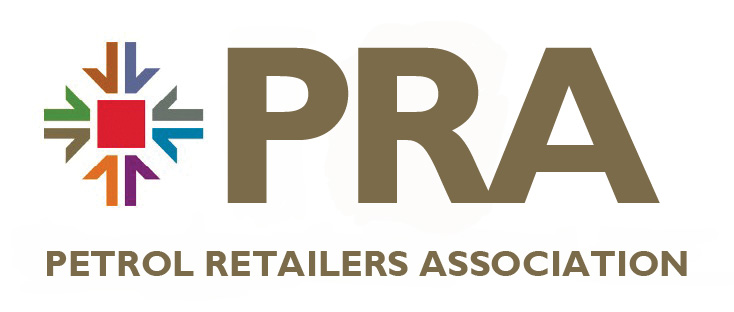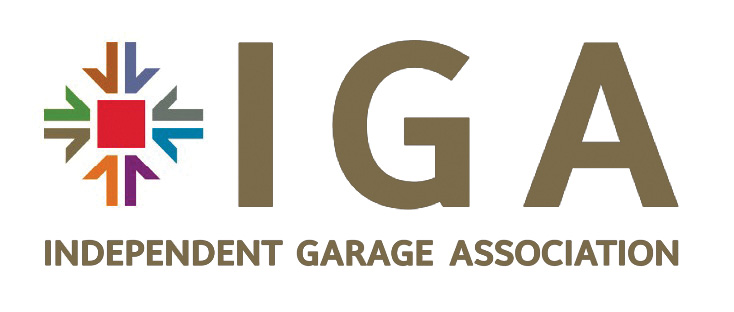[vc_row type=”in_container” full_screen_row_position=”middle” column_margin=”default” scene_position=”center” text_color=”dark” text_align=”left” overlay_strength=”0.3″ shape_divider_position=”bottom” bg_image_animation=”none”][vc_column column_padding=”no-extra-padding” column_padding_position=”all” background_color_opacity=”1″ background_hover_color_opacity=”1″ column_link_target=”_self” column_shadow=”none” column_border_radius=”none” width=”1/1″ tablet_width_inherit=”default” tablet_text_alignment=”default” phone_text_alignment=”default” overlay_strength=”0.3″ column_border_width=”none” column_border_style=”solid” bg_image_animation=”none”][vc_column_text]
Key Governmental Documents
• Autumn Statement 2022 full document – Link here
• Press release: Chancellor delivers a plan for stability, growth and public services – Link here
• NBRA Press Release: Autumn Statement 2022 – Link here
• Office for Budget Responsibility: Economic and Fiscal Outlook November 2022 – Link here
Vehicle Excise Duty (VED)
VED on Electric Vehicles (VED) – From April 2025, electric cars, vans and motorcycles will begin to
pay VED in the same way as petrol and diesel vehicles. This will ensure that all road users begin to
pay a fair tax contribution as the take up of electric vehicles continues to accelerate. The
government will legislate for this measure in Autumn Finance Bill 2022. This means:
• new zero-emission cars registered on or after 1 April 2025 will be liable to pay the lowest
first-year rate of VED (which applies to vehicles with CO2 emissions 1 to 50g/km) currently
£10 a year. From the second year of registration onwards, they will move to the standard
rate, currently £165 a year.
• zero emission cars first registered between 1 April 2017 and 31 March 2025 will also pay the
standard rate.
• the Expensive Car Supplement exemption for electric vehicles is due to end in 2025. New
zero-emission cars registered on or after 1 April 2025 will therefore be liable for the
expensive car supplement. The Expensive Car Supplement currently applies to cars with a list
price exceeding £40,000 for 5 years.
• zero and low-emission cars first registered between 1 March 2001 and 30 March 2017
currently in Band A will move to the Band B rate, currently £20 a year
• zero emission vans will move to the rate for petrol and diesel light goods vehicles, currently
£290 a year for most vans
• zero emission motorcycles and tricycles will move to the rate for the smallest engine size,
currently £22 a year
• rates for Alternative Fuel Vehicles and hybrids will also be equalised
Company Car Taxes
Company Car Tax (CCT) Rates – The government is setting rates for Company Car Tax until April 2028
to provide long-term certainty for taxpayers and industry in Autumn Finance Bill 2022. Rates will
continue to incentivise the take up of electric vehicles:
• appropriate percentages for electric and ultra-low emission cars emitting less than 75g of
CO2 per kilometre will increase by 1 percentage point in 2025-26; a further 1% in 2026-27
and a further 1% in 2027-28 up to a maximum appropriate percentage of 5% for electric cars
and 21% for ultra-low emission cars
• rates for all other vehicles bands will be increased by 1 percentage point for 2025-26 up to a
maximum appropriate percentage of 37% and will then be fixed in 2026-27 and 2027-28
Online Sales Tax
Online Sales Tax (OST) – Following consultation, the government has decided not to
introduce an OST, an idea put forward by certain stakeholders in the context of Business Rates
reform. The government’s decision reflects concerns raised about an OST’s complexity and the
risk of creating unintended distortion or unfair outcomes between different business models.
A response to the OST consultation will be published shortly.
Business rates
Overall Package – From 1 April 2023, business rate bills in England will be updated to reflect changes
in property values since the last revaluation in 2017. A package of targeted support worth £13.6
billion over the next 5 years will support businesses as they transition to their new bills, protect
businesses from the full impact of inflation, and support our high streets. English Local Authorities
will be fully compensated for the loss of income as a result of these business rates measures and will
receive new burdens funding for administrative and IT costs.
• Freezing the business rates multiplier for another year to protect businesses from rising
inflation, worth £9.3 billion over the next 5 years
• An extended and increased relief for retail, hospitality and leisure businesses worth almost
£2.1 billion. This is the most generous in year business rates relief in over 30 years, outside
of Covid-19 support.
• Reforming Transitional Relief so for businesses seeing lower bills as a result of the
revaluation, the government will make sure they benefit from that decrease in full straight
away, by abolishing downwards transitional reliefs caps. The government also announced a
£1.6 billion scheme to cap bill increases for businesses who will see higher bills as a result of
the revaluation.
• Protection for small businesses who lose eligibility for either Small Business or Rural Rate
Relief due to new property valuations through a more generous Supporting Small Business
scheme worth over £500 million.
Further information on the recent changes to business rates can be found here.
Benefit charges
Van Benefit Charge and Car & Van Fuel Benefit Charges – From 6 April 2023, Car and Van Fuel
Benefit Charges and van benefit charge will increase in line with CPI. The government will legislate
by way of Regulations in December 2022.
Electric Vehicle Chargepoints
First Year Allowance for Electric Vehicle Chargepoints – The government will legislate in Spring
Finance Bill 2023 to extend the 100% First Year Allowance for electric vehicle chargepoints to 31
March 2025 for corporation tax purposes and 5 April 2025 for income tax purposes. This will ensure
that the tax system continues to incentivise business investment in charging infrastructure.
Explanation of what this allowance is: (Your business can potentially claim 100% of the installation
costs of an electric vehicle charging point. Qualifying expenditure can include the charging point
itself and alteration of land for installing the charging point. Plus it can also include any costs of
modification to supply electricity to the charging point.)
Infrastructure spending
To help get debt falling, for the years beyond the current Spending Review period, planned
departmental resource spending will continue to grow, but slower than the economy, at 1% a year in
real terms until 2027-28. Total departmental capital spending in 2024-25 will be maintained in cash
terms until 2027-28, delivering £600 billion of investment over the next 5 years. This includes
maintaining the government’s commitments to deliver major infrastructure projects.
National Living Wage
National Living Wage (NLW) and National Minimum Wage (NMW) 2023 Uprating – Following the
recommendations of the independent Low Pay Commission (LPC), the government will increase the
NLW for individuals aged 23 and over by 9.7% to £10.42 an hour from 1 April 2023. This represents
an increase of over £1,600 to the annual earnings of a full-time worker on the NLW and is expected
to benefit over 2 million low-paid workers. The government has also accepted the LPC’s
recommendations for the other NMW rates to apply from April 2023, including:
• Increasing the rate for 21-22 year olds by 10.9% to £10.18 an hour;
• Increasing the rate for 18-20 year olds by 9.7% to £7.49 an hour;
• Increasing the rate for 16-17 year olds by 9.7% to £5.28 an hour;
• Increasing the apprentice rate by 9.7% to £5.28 an hour; and
• Increasing the accommodation offset rate by 4.6% to £9.10 an hour[/vc_column_text][/vc_column][/vc_row]








